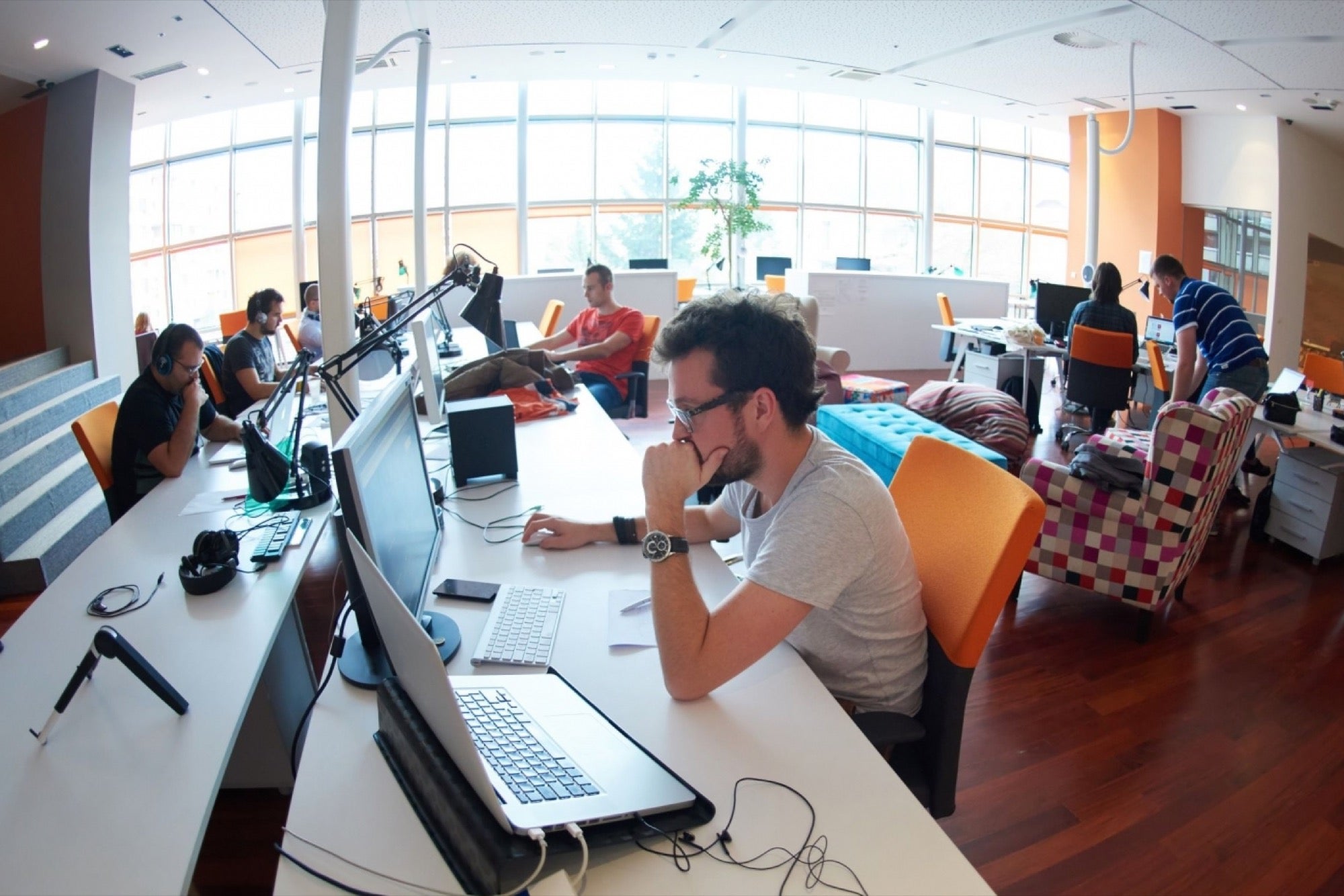Role of Behavioural Change and the Future of SaaS-based Start-ups in India While the potential is huge, it requires a certain rigour and focus to scale up
By Sudarsan Rao
Opinions expressed by Entrepreneur contributors are their own.
You're reading Entrepreneur India, an international franchise of Entrepreneur Media.

Yes, there is behavioral change ahead and we Indians still place a high degree of importance to owning something, rather than renting that same thing.
But how does that apply when you are talking technology products? More so from a B2B context? Enter the world of software-as-a-service (SaaS) in India and its potential future in India.
If we were to take the buzz around this topic and look a little deeper, we find the pattern and success stories around it about companies "making it" and this has been thanks to pushing the perimeter on global adoption rather than near our own shores.
Many of the examples that we notice—such as Freshworks, Zoho, Orangebee, Changebee, among others—have made it in the international markets, while keeping India as the key development centre and incubation market. And that looks like the model to replicate in the near term till we see a shift in the buying behavior in India.
But that fundamental change in mindset of the buyer will happen only over time. As we now see this happening in the B2C context of renting rather than buying, but even there it's not taking off, as the issues and concerns remain about the quality of services. The same applies to the B2B and as the focus towards what is appropriate quality services that we can expect from renting changes, the shift towards SaaS is apparent. And a sheer number game would put India right up there on the map on adoption and therefore create Made for India leaders in this space.
We are still 5-10 years away to create multiple global SaaS companies from India. Not just the Unicorns by valuations, but by billion-dollar revenues.
The second important point to observe on buying behaviour that needs a shift is a transition from DIFM (Do it for me) to DIY. SaaS success depends on the DIY model of consumption, which is still a long way to go as there's a resistance to self-service software and long sales cycles. While there would be implementation services available as with most SaaS they would not be an always on need. And this causes friction in buying decisions as its difficult to convince people to do it for themselves…until they figure out that's the easiest way to move ahead. SaaS offers the power of instant decision making, cost effectiveness, low risk, greater flexibility compared with regular enterprise purchases but it works because it needs a DIY mindset.
As per a report by Google and KPMG in July 2018, "The global SMB SaaS segment is expected to grow at a CAGR of 36% over the 2017-22 period. Emerging markets, such as Asia-Pacific are growing rapidly, at a CAGR of 41.6% from 2012-16 in the SMB SaaS segment."
We can only guess the revenue of SaaS players in India. And that too a handful only. My guess it would be around $1 billion, give or take. So the potential is huge. But that requires a certain rigour and focus of building the opportunity while taking it to the marketing with consistency.
Why is it a potential opportunity?
There are various reasons: the shift from capex to opex in software procurement by firms; option to try DIY, use and skip out anytime flexibility; cheaper cloud computing costs; experience in building products (the IT services experience helped here); and experience in the US markets for some founders. But most importantly, the power of compounding subscription revenues
B2B start-ups are the newfound darlings in India and will remain so for the next few years. But the key markets where they make it will continue to go offshore where the DIY model is accepted and businesses are used to "renting" their solution needs.
Therefore making any SaaS start-up survive and create value only by focusing on India markets is doubtful.
While the "Unicorn' stories attract a lot of SaaS start-ups, Indian SaaS product offerings are lapped up because of cheaper subscription pricing, cheaper support costs and ability to customize at will.
So, what's the way forward for Indian SaaS start-ups?
The well-oiled SaaS formula is to build local, be frugal, gain early traction in India, do product-market validation and push for VC or any funding to scale in the US and global markets.
The real product-market fit, competitive landscape, positioning, pricing and business models are really put to test when an Indian SaaS start-up enters the US to fight the giants and aggressive competitors on their turf.
With the pulse of SaaS being driving by the online marketplace, digital marketing becomes the great leveller.
Messaging and reach is now possible without being present in the international markets. However, a word of caution on this. Even the international markets seek credibility and offline presence to make the entire marketing mix work. It's not enough to just stir it up using digital marketing and not be on the spot at least in your main markets till you establish credibility of your product and service.
Any Indian SaaS firm which wins the turf war in the US sustainably over the next 10 years and hits the first billion dollars will set the direction for SaaS start-ups in India.
But, a lot may go down wayside, get acquired or cling forever. It will be interesting to see it grow in India and globally, to see how this unravels.










